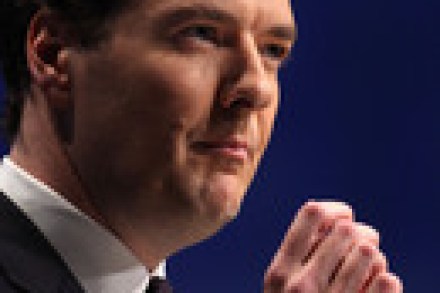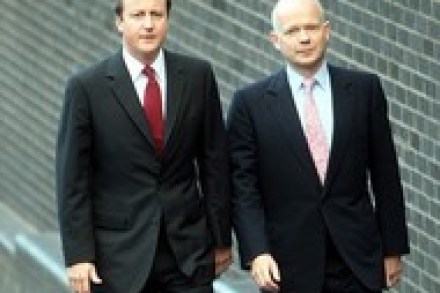The Tories develop their <em>de facto</em> Glass-Steagall Act
The most striking aspect about George Osborne’s speech today is how it concentrates on retail banks – the banks you and I do business with – rather than the big investment banks. He’s expected to announce that retail banks should stop paying “excessive cash bonuses” to their senior staff, but should instead reward them with shares in the company and use the cash they would have dished out to increase the amount of credit in the economy. This won’t apply to investment banks. The separation rather recalls the American Glass-Steaghall Act, which split commercial banks from their riskier investment counterparts. The thinking behind it was that the investment banks could


















